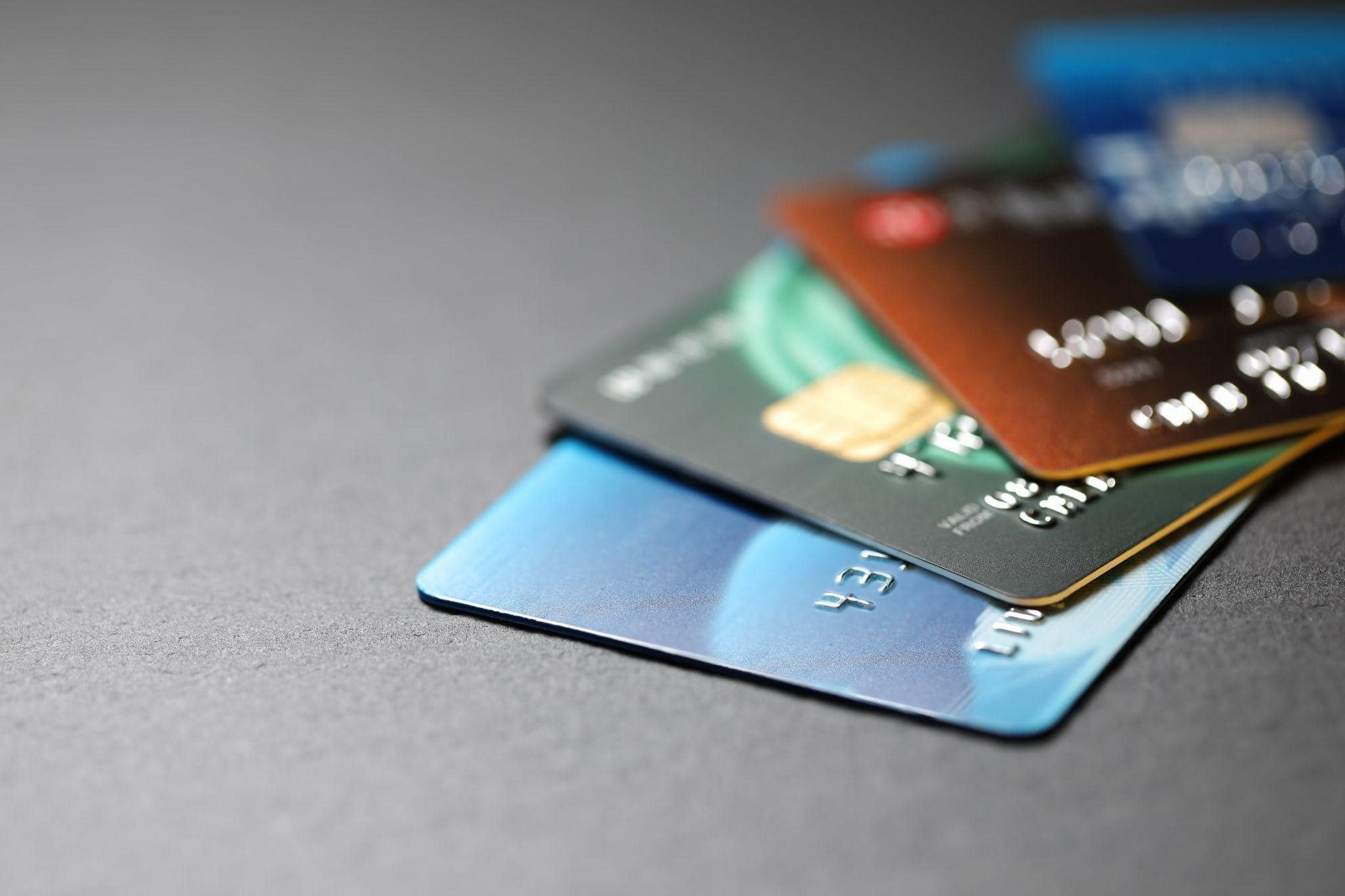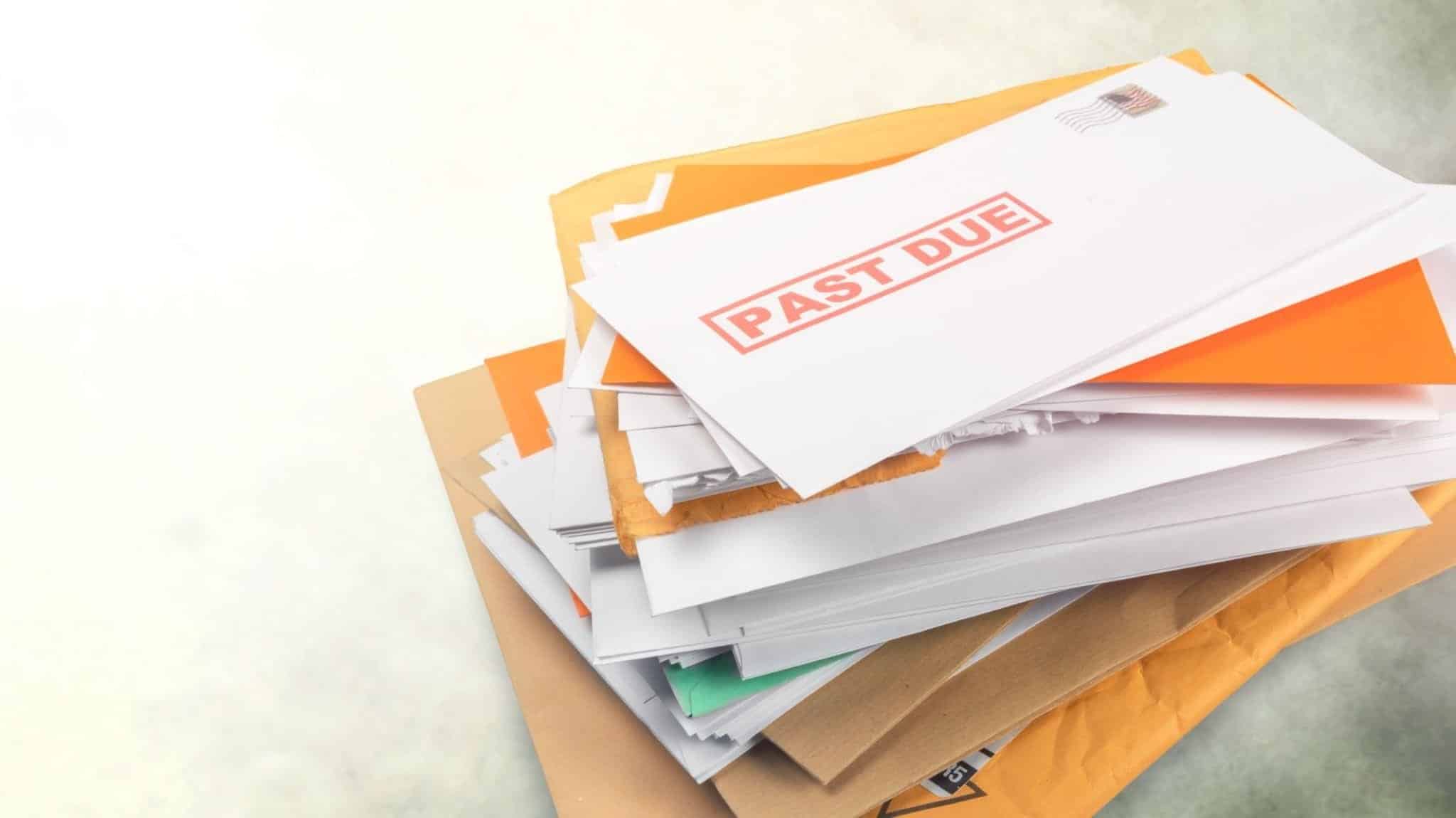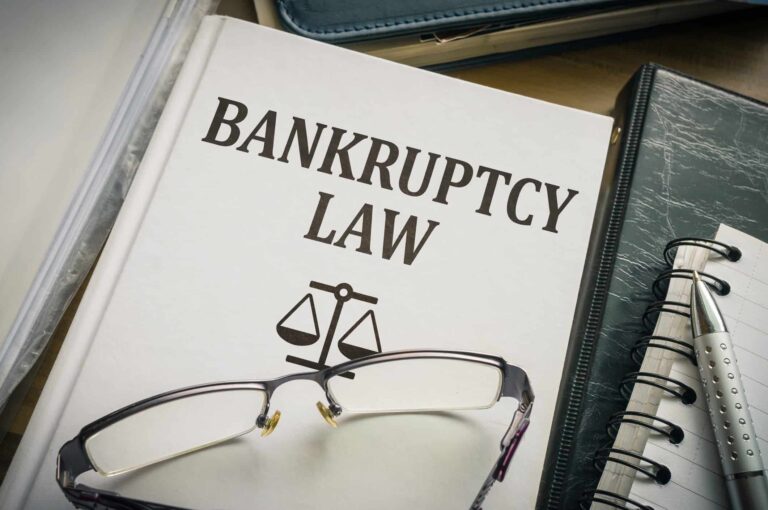My Credit Card Debt Was Sold: Now What?

If you’ve ever struggled with credit card debt, you know how stressful and overwhelming the experience can be. Dealing with your original creditor can be overwhelming as is, but what do you do when your credit card debt is sold to a third party?Today, we’ll navigate everything you need to know about working with your original credit card company, third parties, and your rights along the way.
Contact A Bankruptcy Attorney Today.
Why Is Credit Card Debt Bought and Sold?
Creditors are in the business of making money, and if they feel that you can no longer pay back your debt, it’s time for them to let it go. For this reason, it’s common practice for creditors to sell your credit card debt in order to recoup their losses.
Your credit issuer will sell the debt if you’ve been delinquent or if they feel you can no longer pay it back. It can take anywhere from 90 to 100 days after your last payment before your creditor decides to sell the debt.
During this time, your creditor will use in-house collection practices to try to recover as much of the debt as possible. When your creditor is no longer making money on the balance you owe, they will get rid of it and sell it to a debt collection agency for less than its value.
Who’s Buying Your Old Debt?
Your original loan creditor will sell your debt to another debt collector. Often, the buying collection agency will pay much less than the amount that is owed. You may be wondering why a credit collection agency will buy this debt if the original loan grantor is struggling to recover the loan amount in the first place.
When your original credit originator sells your credit card debt, they are usually looking to make back the profits that they couldn’t make from your original loan. With the interest you’ve paid over time and the sale of the debt, creditors don’t usually lose money when they sell your debt.
These collection agencies that buy debt are confident in their ability to recover these unpaid loans. Unfortunately, for you, the borrower, this often means having to deal with intimidating tactics such as relentless phone calls and even threats of legal action if loans are not paid.
It’s important to note that your credit card debt can be sold more than once. Each time your credit card debt is sold, it becomes riskier for the buyer because others before have tried to collect on that debt but were unsuccessful.
Do You Have To Pay Back Sold Credit Card Debt?
As credit card debt moves through the hands of different collectors, the collecting agency may change, but you’re still responsible for paying back the debt. Unless your debt is forgiven or settled by other means, you’re still liable for the debt.
Even if your debt is sold, however, you still have rights when it comes to who collects on your debt and your options for settling it.
Know Your Rights if Your Debt Is Sold
When your debt is sold, you’re likely to receive either a phone call or a letter alerting you about your debt, the amount you owe, and any other responsibilities you might have. While receiving this type of contact can be scary, you have rights you can lean on in such an event.
Under federal law, if your debt is sold, you should receive a written notice within five days of the new debt collector’s initial attempt to contact you. This notice is known as a debt validation letter. This letter should include the following information:
- The amount of your debt
- The original creditor the debt originated with
- A statement of your rights to dispute the debt
Borrowers also have protections under the Federal Fair Debt Collection Practices Act. This Act was established to keep debt collectors from using intimidating and illegal tactics to enforce payment from borrowers.
The Act also allows borrowers to understand their rights so that they can report any violators of this law. The following are just some of the ways debt collectors are regulated under this Act:
- Debt collectors are not allowed to misrepresent themselves
- Debt collectors may not misrepresent the amount you owe
- Limitations in how collectors can use the court system to recover money
- Limitations on how collectors may add collection fees
- Limitations on the actions they use to get borrowers to pay back the debt
Does Sold Credit Card Debt Impact Your Credit Score
Any unpaid debt that you might have will impact your FICO score. Being delinquent on payments, stopping payments altogether, and having your credit card debt sold will all negatively impact your credit score.
Even after settling credit card debt that has been sold, you’ll still feel the impact on your credit score. Your credit report will reflect that your balance on the amount is zero, but it will detail that you settled the debt for less than what was owed.
Although the settlement of sold debt can have a negative impact on your credit score, it’s still important to pay off your debt, even if it was sold. Once you reach the financial status of being debt free, you can begin to build back your credit score. Credit bureaus recommend building up your credit by taking out manageable loans that you can pay back on time and with consistency.
What to Do if Debt Collectors Are Harassing You About Your Debt

As your debt gets sold to new collectors, you’ll notice that the frequency of contact from these collectors will rise. This could be in the form of phone calls, letters in the mail, or a combination of both.
Laws like the Federal Fair Debt Collection Practices Act were designed to keep borrowers from being harassed by intimidating collection tactics.
For example, the law details that debt collectors cannot consistently call you in the early morning or evening hours. Additionally, collection agencies cannot contact you at work. If they do so, the Federal Trade Commission recommends alerting the agency in writing that they cannot contact you at work.
Some collection agencies may go as far as threatening legal action if a debt is not paid. Understanding whether your debt is outside of the statute of limitations is essential, as it is illegal for a debt collector to threaten legal action if they can’t legally collect on a debt.
Understanding your rights and protections under federal law is important. It will help you navigate potential harassing behavior.
What To Do if You Can’t Pay Back Your Credit Card Debt
Whether you’ve lost your job, been hit with an unexpected medical bill, or simply borrowed more than you can pay back, you still have options for settling your outstanding debt.
Knowing how to navigate the next steps is important to your success in getting a handle on your finances again. Here are some tips for paying off credit card debt.
Negotiate Your Debt
Whether it’s your initial originator or collectors that bought your debt, collection agencies are always willing to negotiate because this is the best way for them to secure some sort of payment on your debt. Negotiating is your best tactic for reaching a settlement that you can handle.
Typically, if your debt is still with the original creditor, you’ll likely pay a higher settlement cost than if your debt was sold over and over again. On average, settlements are usually around 48% of the original loan amount. Because of this, settlements are generally your best option once your debt is sold to a third party.
As you negotiate, you’ll either be offered a debt repayment plan or a lump sum payment option that forgives your loan. If you’re able to save up a lump sum, you can leverage the immediate down payment to get rid of the debt at a reduced price than if you go with a payment plan.
Whatever negotiations you and the third party agree on, make sure to get the details in writing. Never make a payment without having a written contract in place beforehand.
Work with a Consumer Credit Counseling Service
If you’re struggling to repay your debt, working with a non-profit credit counselor can be a great resource. Credit counselors work with you to analyze your expenses, your debts, and your overall budget. An experienced credit counselor will help you build a personalized debt relief plan to help you move forward.
Most importantly, credit counselors can give you the education you need regarding your rights and how to deal with collection agencies.
Hiring Credit Card Debt Lawyers to Deal with Debt Collectors

Whether you are facing legal action from a collection agency or simply want to protect yourself, hiring a lawyer for credit card debt services can help you battle intimidating debt collectors. In some cases, seeking legal advice is the best way to get out from under harassing credit collection agencies.
Legal professionals can help you understand whether your debt owed is legally allowed to be collected. They can also assist you if you feel your collection agency is violating any laws in order to collect the debt.
You don’t have to deal with harassment from debt collection agencies. Contact a bankruptcy attorney today at DeLuca & Associates to learn more about your rights and options.
Sources:
Fair Debt Collection Practices Act | Federal Trade Commission. (2010).
What is a FICO Score and why is it important? | myFICO. (2022).






